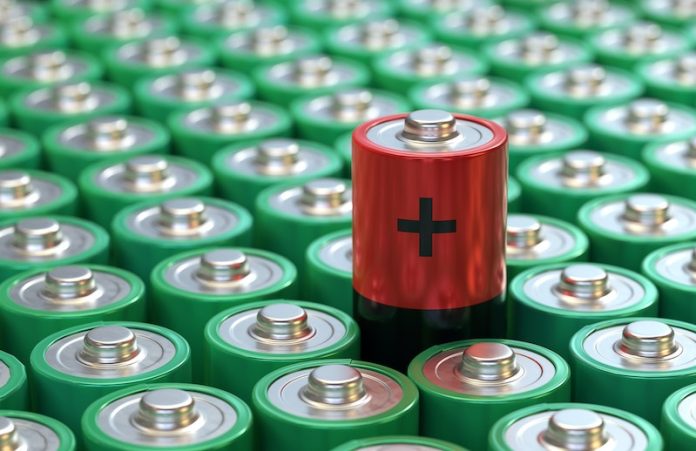
The renewable energy revolution is working towards creating a climate-friendly future, but the lack of efficient means to store green energy remains a challenge.
To overcome this hurdle, a research consortium is developing cost-effective zinc batteries that not only store electrical power but also produce hydrogen.
The Zn-H2 project is spearheaded by a consortium of research institutions, along with commercial partners Zn2H2 GmbH and Steel PRO Maschinenbau GmbH.
The aim is to create a long-lasting battery specifically designed for long-term power storage. The preliminary tests promise an efficiency of 50% for power storage and 80% for hydrogen production, with an estimated lifespan of ten years.
The researchers are integrating proven zinc anode-based battery designs with alkaline water electrolysis, thus crafting a novel technology.
Unlike standard lithium batteries, zinc batteries are significantly cheaper and require easily available, fully recyclable materials, namely steel, zinc, and potassium hydroxide. Moreover, this system can produce hydrogen on-demand.
According to Dr. Robert Hahn of Fraunhofer IZM, the project coordinator, the aim is to develop an electrically rechargeable hydrogen storage system that can store energy as metallic zinc and convert it back to electricity and hydrogen as needed.
The battery undergoes a unique combination of processes: during charging, water oxidizes into oxygen and reduces zinc oxide to metallic zinc, which reverts to zinc oxide during discharge, releasing hydrogen.
This technology offers double the efficiency of other power-to-gas systems currently in use, with a total electrical storage efficiency of 50%.
Combined with its cost-effectiveness compared to lithium batteries, this new approach presents a commercially viable alternative for green energy storage.
Having proven the new system’s viability under laboratory conditions, the researchers aim to create a demonstration unit for operating tests by the end of the year.
However, before reaching industrial use, the system requires further scaling-up and systems engineering effort.
Commercial partner Zn2H2 has already filed several patent applications for the technology, paving the way for an innovative solution for green power storage and hydrogen production.
Follow us on Twitter for more articles about this topic.
Source: Fraunhofer-Institut für Zuverlässigkeit und Mikrointegration IZM



